Sustainable labels offer an eco-conscious solution for businesses looking to reduce their environmental impact.
Choose green labels to align your brand with environmental values. These labels ensure performance without compromising your commitment to sustainability.

Sustainable labeling offers significant advantages for both businesses and the environment. By using eco-friendly materials, companies can reduce their carbon footprint and contribute to the circular economy. Additionally, adopting sustainable labels can enhance brand reputation, as consumers increasingly seek out products that align with their environmental values.

Sustainable labels help businesses lower their carbon footprint, meet regulatory standards, and enhance brand reputation by promoting responsible practices. By adopting sustainable labeling, companies can contribute to a more circular economy and demonstrate their commitment to sustainability.
Recycled labels are made from materials that have already been processed and reintroduced into the production cycle, reducing the need for new resources and minimizing waste. Recyclable labels, on the other hand, are designed to be collected and processed after use, allowing them to be recycled and turned into new products.
While both types contribute to sustainability, recycled labels emphasize the reuse of materials that have already been discarded, while recyclable labels focus on the end-of-life processing and future recycling potential. In many cases, combining both approaches can offer a comprehensive sustainability strategy that benefits both the environment and your brand.
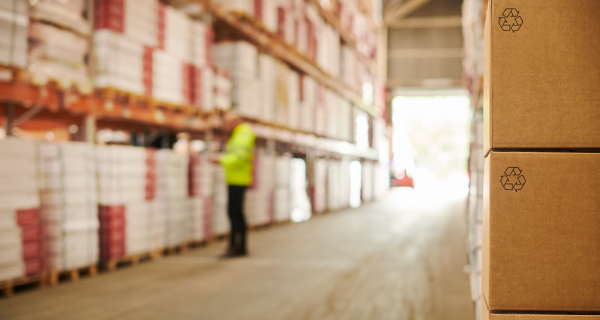
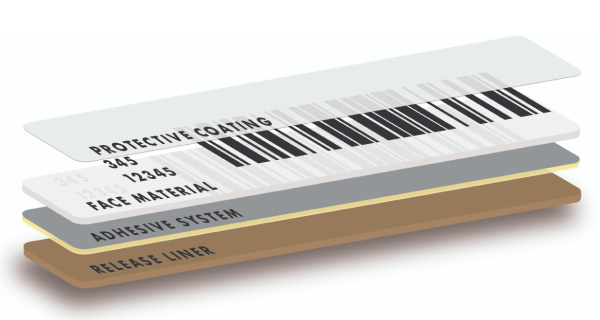
Sustainable label materials are crafted to reduce environmental impact while maintaining the necessary durability and functionality. These materials and processes are chosen to meet eco-friendly goals without sacrificing the quality of the labels used in various applications.
Labels made from recycled materials utilize post-consumer or post-industrial waste, reducing the need for virgin resources. These labels offer a sustainable option by repurposing materials that would have contributed to waste, supporting a circular economy.
Dissolvable labels are designed to break down completely in water, leaving no adhesive residue behind. They are ideal for reusable containers, where the label needs to be removed quickly and cleanly without affecting the container’s usability.
Wash-away labels are engineered to easily wash off with water, ensuring that no adhesive or label remnants remain on the surface. These labels are perfect for products that require clean containers for reuse or recycling.
Advanced marking technologies, such as laser etching, ceramic bonding, and cured ink printing, allow you to mark products directly, eliminating the need for label materials altogether. These techniques are particularly effective for challenging surfaces like metal, glass, and rubber, where traditional labels may not adhere well or withstand harsh environments.
Pre-barcoding is another sustainable option, where barcodes and other essential information are directly printed onto products during manufacturing, reducing the need for additional labeling materials. By adopting these methods, you not only contribute to waste reduction but also enhance the durability and longevity of your product markings.
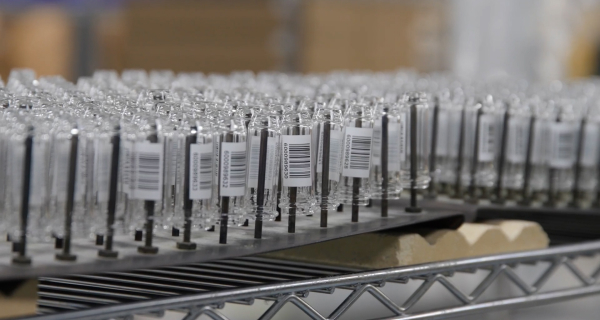
Sustainable labeling offers significant advantages for both businesses and the environment. By using eco-friendly materials, companies can reduce their carbon footprint and contribute to the circular economy. Additionally, adopting sustainable labels can enhance brand reputation, as consumers increasingly seek out products that align with their environmental values.

Sustainable labels are not limited to one sector; they are versatile tools that can be applied across various industries to meet sustainability goals. Sustainable labels can help in compliance with regulations related to environmental responsibility, providing companies with a competitive edge.
The use of materials like recycled paper, biodegradable adhesives, and water-based inks are examples of how industries can implement sustainable labeling. These labels also support corporate social responsibility initiatives, further bolstering a company’s commitment to sustainability. As more industries adopt these practices, the cumulative impact on the environment can be substantial.

Seedling nurseries and agricultural businesses that use plant trays or pots often need to label them for identification during the growing process. Wash-away labels are ideal because they can be easily removed once the plants are ready for transplanting, ensuring that containers can be reused without the buildup of label residue, which could affect new plantings.

Labs that handle a high volume of test tubes, vials, and glassware often need to relabel these items frequently. Dissolvable labels are particularly useful in these settings, as they can be dissolved completely in water, leaving no adhesive residue on glassware or containers. This is crucial for maintaining the integrity of scientific experiments and preventing cross-contamination.
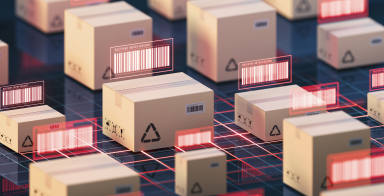
Companies that sell products in reusable containers, such as eco-friendly cleaning supplies or beauty products, can benefit from dissolvable labels. Consumers can easily remove the labels before refilling or repurposing the containers, aligning with the brand’s commitment to sustainability and encouraging customers to participate in reducing waste.
Our approach to sustainability is grounded in a deep commitment to protecting the environment while delivering high-quality products. We integrate sustainable practices into every aspect of our operations, from energy use to waste management, ensuring that we minimize our environmental footprint. By continuously seeking innovative solutions, we are dedicated to making a positive impact on the planet and contributing to a more sustainable future.

Our deep commitment to sustainability is a core part of our mission. We actively collaborate with EcoVadis to manage and achieve our ambitious sustainability goals. Our ongoing efforts have been independently recognized for advancing sustainability and responsible business practices.
We continually strive to improve our environmental impact, focusing on responsible sourcing, reducing waste in our operations, and advancing green initiatives. Our ongoing commitment to sustainability reflects our dedication to making a meaningful difference in the industries we serve and the world we live in, ensuring a better future for all.
We are committed to reducing our environmental footprint by implementing sustainable practices across our operations. A significant portion, 42%, of our electricity comes from renewable resources, highlighting our dedication to clean energy. We also rigorously monitor our wastewater, testing for twelve different pollutants, including pH, suspended solids, and heavy metals, to ensure we minimize our environmental impact.

Connect with us to explore eco-friendly labeling solutions that support sustainability. Reduce environmental impact while maintaining high performance with our innovative materials.

Labels for agriculture are built to withstand outdoor conditions. They provide durable tracking and identification for crops, equipment, and supplies.
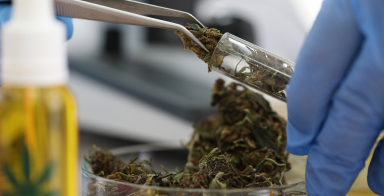
Cryo labels remain durable in extreme cold conditions. Ideal for long-term storage of samples at ultra-low temperatures.

Library labels ensure accurate tracking and easy identification of books and materials. Designed to withstand frequent handling and daily use.
Take advantage of our volume discounts for bulk orders. Reach out to us for a personalized quote tailored to your needs.
"*" indicates required fields